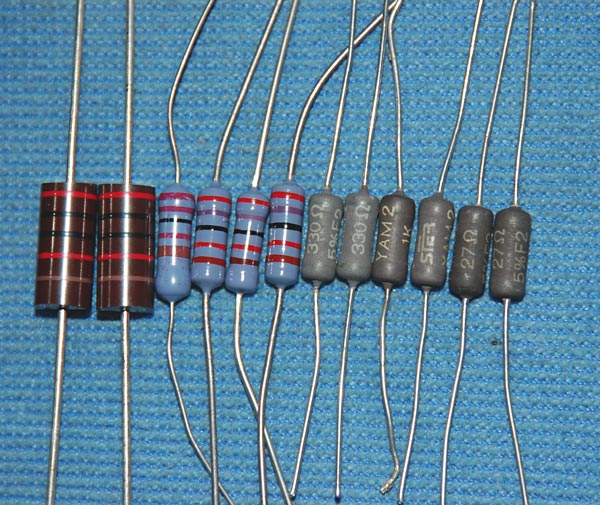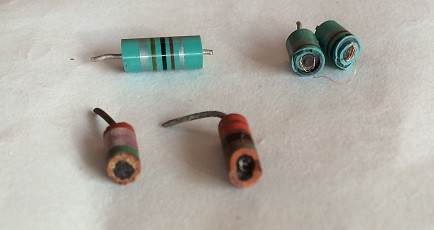
Originally Posted by
Breakage

I've been looking into Indium and Rhodium but it's unlikely that I will ever see enough to be able to make anything of them, unless I've overlooked an obvious source.
@jimi-There's the rub. VT has banned electronics from landfill AND scrap yards. I can't just pluck-and-chuck. In fact, I'm actually prohibited from dismantling TV's or computers without a $20K permit. As a collection point, that works on some levels, since we get a small payout from those things, funded by EPR legislation with the state. The going rate for CRT's and crap printers is slightly above shred and I can't say I have any complaints, given the problems these materials cause other scrappers. But the downside is that I have to pass on every whole unit which comes through the door, even as I am required to accept every single bit of it that comes from a state resident. However, the draw factor of getting rid of old TV's brings in the phone, the routers, the stereo equipment which I am more or less free to dismantle and sell, as long as I'm not tossing the entire thing into the
scrap metal bin. On top of that, the state-contracted recycler has been making overtures to begin charging for things which are not EPR-funded material so I am also looking to shed weight on our end. It seems silly to be getting charged for metal microwaves and VCR's when the recycler is the one getting the scrap value after I've paid him to take it.
Anyway, I just hate the idea that I'm passing on anything of value to me.
The Vermont law is similar to the one here in Maine. You might want to dig into the particulars. As nearly as i can tell you need to get a recycler permit if you're going to break down computers but there's no fee. It's just a bit of paperwork and data keeping.
Here's the link that gives you the info:
http://dec.vermont.gov/sites/dec/fil...s/RECYCLER.pdf
This one gives you an overall view of the program:
Electronics | Department of Environmental Conservation
This is where it gets interesting ! See ... the state collects an end of life fee when you purchase a new electronics device in the store. The big boy recyclers can collect that fee when they recycle that product. There's been pretty good money in recycling the old bubble back tv's.
If you take a thing like a VCR or a
Microwave it costs them more in labor to break it down than they get out of it in scrap. That's why they have to charge for that service. Otherwise ... they would go broke trying to do it.
To be honest, the Vermont system seems confused.It's kinda half of one thing and half of another.
Here in Maine you just drop off your electronics at the transfer station. It all gets stored in a separate building. When the building gets full the manager of the transfer station calls the recycler to come and pick it up in a big truck.
The people dropping off don't have to pay any fees. The municipality doesn't have to pay any fees to the recycler. In fact ... the recycler pays a small amount to the municipality every year.







 Register To Reply
Register To Reply










 -
-





Bookmarks